Luffy Robbery Gang’s Risa Yamada Confesses in Prison
The legendary "Kaketsuko," who defrauded the prisoners out of 600 million yen in three and a half years, has revealed everything. We exclusively publish his letters of "repentance" and "atonement" written in prison. From Special Fraud to Robbery--The Organization Broke Right Before Our Eyes
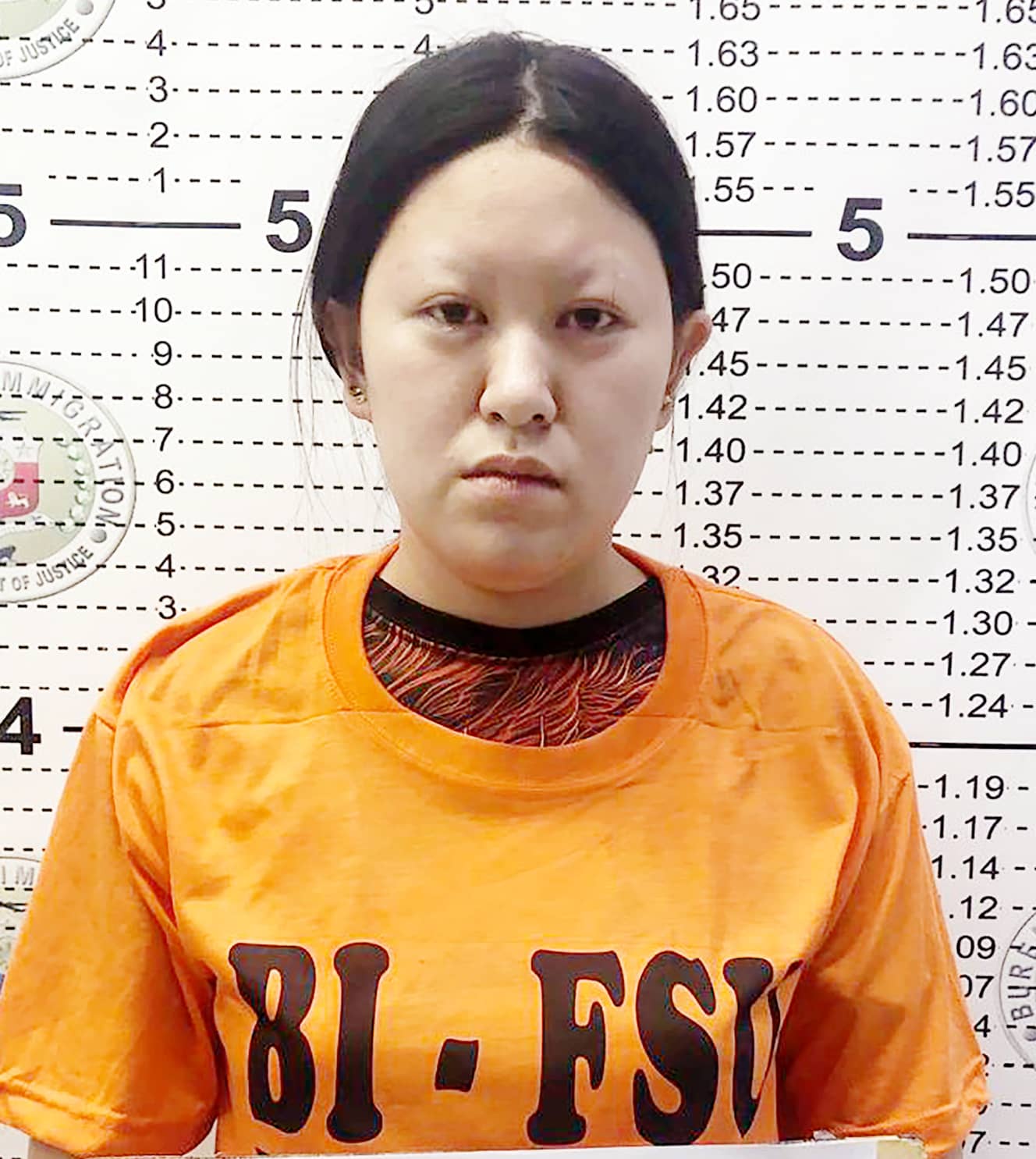
Previously.
Yamada Risa (28), born and raised in a poor family in Kawagoe City, Saitama Prefecture, found an advertisement for a “dark job” on Twitter (now X) in September 2007. In the Philippines, where she traveled to as a child to work for a special scam to obtain a large sum of money, she met the executives of the “Luffy Robbers,” a group that later shook Japan with its special scams and robberies: Yuuki Watanabe, Seiya Fujita (Toshiya), and Tomonobu Kojima. Yamada becomes known as the “legendary Kakeko” who swindles 30 million yen a month, but is detained by the authorities and sent to the Bikutan detention center. There he is reunited with Watanabe and others. Working with them was Mato Imamura (Kiyoto), who was in charge of another box (the generic name for a special fraud group).
Making money by “taki-taki.”
The structure of the special fraud group and the robbery group are different. This was also the perception of Yamada and the other members of the robbery group. The boss of the special fraud group was Watanabe. Yamada, who had closely observed the movements of the executives at the Bicutan camp, believed that Imamura was the boss of the eight wide-area robberies that occurred between 1947 and 2011.
Fujita, who actually appeared as a witness at the trial for the robbery of 32 million yen in Nakano Ward, Tokyo, in December 2010, said, “Imamura is the one who has the story of the robberies. It is a different group from us, and the top of the group is Imamura. He used the name Luffy,” he testified.
Our special fraud group was active in Thailand and China as well as in the Philippines.” The boss of all the boxes was Mr. Watanabe. From there, smaller and smaller boxes sprang up independently; there were many more boxes besides Box A and Box ST, and they were separate from the Rufi group.
In other words, there are many boxes of groups that have not yet been busted. Some have left the organization and moved on to other scam groups, others are married to Filipinos and have legitimate jobs. To the members still in the box, I told them, ‘If you stay in the box, you will have to keep running until you die. I want to tell them, ‘If you get caught after some time has passed, you will be guilty of a lot more crimes.'”
January ’23. Yamada cried when he was reunited with Watanabe, Kojima, and Fujita at the camp. He was sobbing because Watanabe had reported to him how hard they had worked for him after we left. Only 30 minutes later, after negotiating with the immigration authorities, Kojima retrieved three of Yamada’s cell phones that were supposed to have been confiscated.
He was then told that he could use the cell phones at the camp for 5,000 pesos a day (about 13,500 yen). That day, Yamada talked with Watanabe throughout the night.
He said, “I was told, ‘In order to get out of the camp, I have to work here to pay my lawyer’s fees. I remember falling asleep with an indescribable feeling of anxiety. The next day, I asked the guards, ‘Where is the Japanese boss? I asked around and was led to a certain place, and there in a room called the VIP room was Mr. Imamura. When I confronted him, he said, ‘You are the boy from Mr. Watanabe’s place, aren’t you? You can come here anytime you want.'”
A few days later, on January 10, Watanabe and Fujita gathered in Imamura’s room, and Yamada joined them. There, they were told a shocking truth.
Fujita told me, ‘We are doing taki (robbery) now, aren’t we? At first, I was watching the three of them giving instructions from the side, not really understanding what they were doing. I was told by Mr. Watanabe, ‘After two weeks, you can go to the local (prison) and pay the money and you can go out. After that, you can escape the country if you go to the immigration office and pay money. He told me, ‘I am going to go outside, make a fake passport, and move outside of Asia. He also said, ‘To do that, I need to do some tataki here to make money. I felt that he was implicitly asking me to help him with his work.
I resisted, saying I had no intention of returning to the group. But Mr. Fujita ordered me, ‘We want money that we can play with for the rest of our lives, and I want you to do a kake (phone check) to find out where we have 10 million yen in savings. If you make me angry, I’ll beat you to a pulp. I don’t care if you are a woman.
In this way, Yamada was taken in by the “Luffy Robber Gang.
While Mr. Imamura was out of the room, Mr. Fujita told me, ‘They tie up old ladies and geezers and break their fingers and toes to make them tell where the money is,’ which frightened me to my core. I was also scared when he laughed and said, ‘That hurts too much, you can’t talk backwards. When he said, ‘I don’t care if it’s a regular house or a store, just call (the phone),’ there was no turning back.
I pretended to be a police officer from the Takenotsuka police station in Adachi-ku, and made a call to a private residence. Mr. Fujita told me, ‘I’m going to come in and beat you to a pulp, so you don’t have to stab me (or make me believe you are the police),’ but he praised me for being a ‘genius’ by pulling out a house with 10 million yen in a cash deposit on the first shot. Terrified, I went back to my room and pretended to make a phone call.
The collapse of the Rufi robbery ring came suddenly.’ It was triggered by the murder of a 90-year-old woman by robbers in Komae, Tokyo, on January 19, 2011. Yamada vividly remembers how the executives looked at that time.
“When Mr. Watanabe saw the news on the Internet, he said, ‘Hey! Kiyoto (Imamura), this is a bad situation. Imamura-san said, ‘What? Seriously? I didn’t think he was going to die,’ and he went outside and started making phone calls. When Mr. Watanabe put his head in his hands and said, ‘The charges are getting worse,’ Mr. Imamura said, ‘The other guy is elderly, so he might have died of a heart attack. He was lying to them, saying, “It was robbery and manslaughter. Seeing this, I realized that the executives had been doing robberies for years. In fact, Mr. Imamura confided, ‘I’ve done it several times.
Moreover, the executives who had been so flustered were giving orders for another robbery the next day, with a nonchalant look on their faces.
About a week later, however, Yamada witnessed the three executives gathering in the VIP room and talking about how they had been “flipped (identified).
“Mr. Fujita said, ‘Kiyoto, what are you going to do about this? I have to break my cell phone for now.’ Mr. Imamura replied, ‘I don’t know how to reset my cell phone. Mr. Watanabe suggested, “You can destroy it with a microwave oven. Then Mr. Imamura said, ‘I’m afraid of microwave ovens,’ and confessed, ‘I had put all the money I took into my account, but it looks like the police checked that account. I was dumbfounded, wondering how stupid I could possibly be.
A mere 30 minutes later, the immigration office raided the VIP room. I waited for the executives in front of the (Immigration Bureau) office, and Mr. Kojima and Mr. Fujita came out in that order. 3 hours later, all the executives came out and slumped their shoulders, saying, ‘It was impossible. A few days later, when I was talking with Mr. Fujita, Mr. Kojima said, ‘Come here! The immigration office is calling you,’ and they disappeared. This was the last conversation I had with the executives.”
The trial of the executives has not yet begun. Judicial officials and newspaper reporters covering the case explain that the number of pieces of evidence to be scrutinized is so large that the trial is not yet in sight. Yamada’s testimony is also meaningful in understanding the details and structure of the case.
As far as I could tell, the main robbers were Mr. Imamura and Mr. Fujita. Kojima-san said, ‘I had nothing to do with it. Seriously (laughs),’ and it appeared that he dared to keep his distance. During the interrogation, the executives’ intentions were disparate. I am told that only Mr. Imamura and Mr. Watanabe seem to have remained silent.”
Yamada’s sentence, if all goes according to plan, will run through June of ’27. He is said to be learning fashion and doing sewing work in prison. He decided to reveal the entire incident because he feels great remorse.
He said, “Among the executives, Mr. Watanabe was especially fond of me, so I want to protect him. On the other hand, there is also a part of me that wants to admit guilt and live uprightly, so I have mixed feelings. As fraud continues to cause damage day after day, people become less and less aware that they are committing a crime. Since I never saw the scene of the crime, I was self-aware that it was a ″common thing″. However, robberies were different.
When I saw the news, I became aware of how big of a deal it was and felt great remorse and regret. I also learned for the first time from the news report that the officer was named Ralphie. It made me think about the fact that we think of criminal plans easily, but there are victims who are hurt by them for the rest of their lives. I am curious about the sentences of the executives. Will they get life imprisonment or the death penalty? If possible, I hope it will be life imprisonment. So if I am asked to appear as a witness in a future trial, I will tell the truth. And at the same time, I strongly hope that there will be no more victims.
Yamada entrusted the author with his own novel. The theme is “The Boundary between Good and Evil. After hearing his confession, I had the illusion that I was being crushed by the weight of his work.
(End. Some names in the text are omitted.)
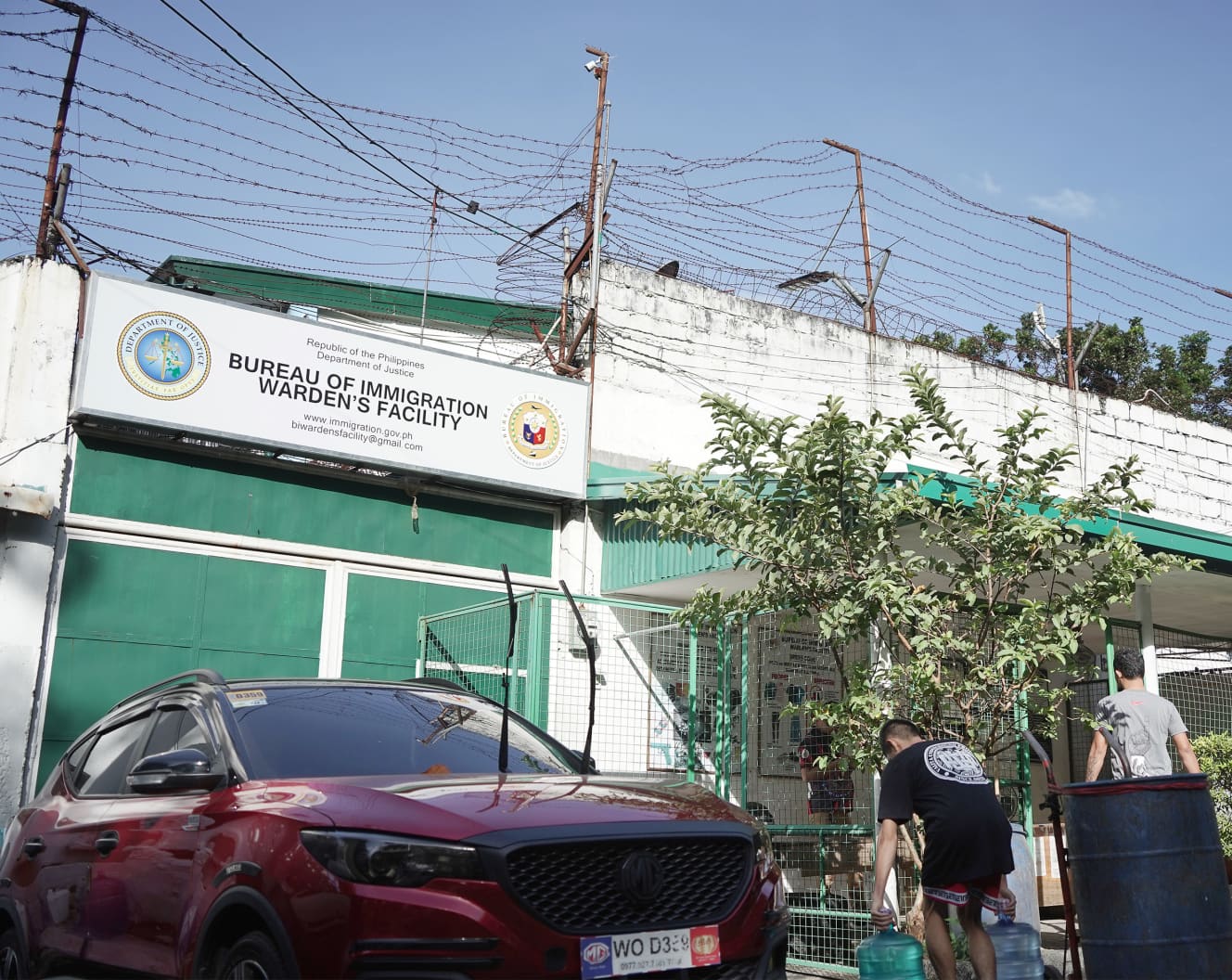
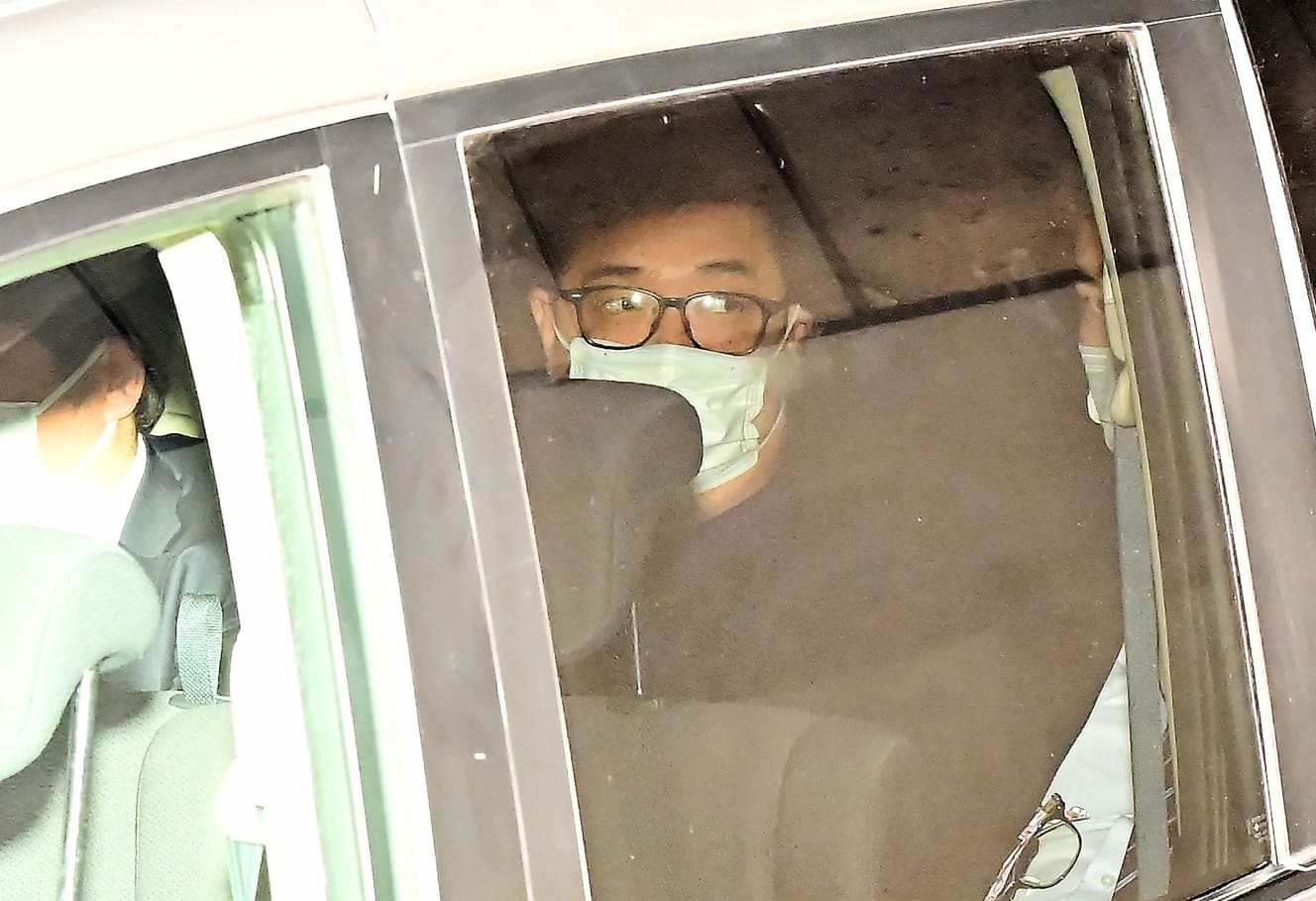
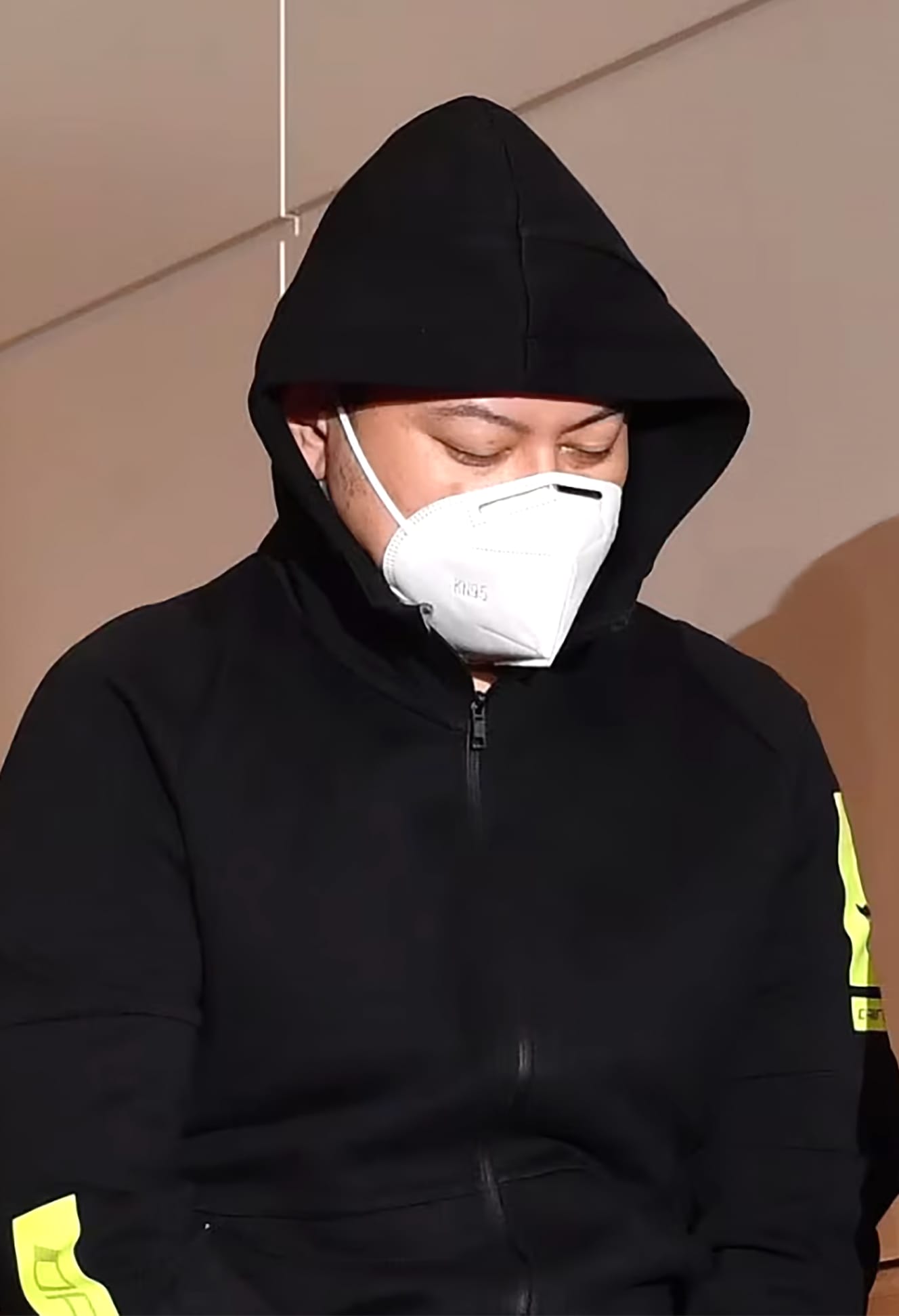

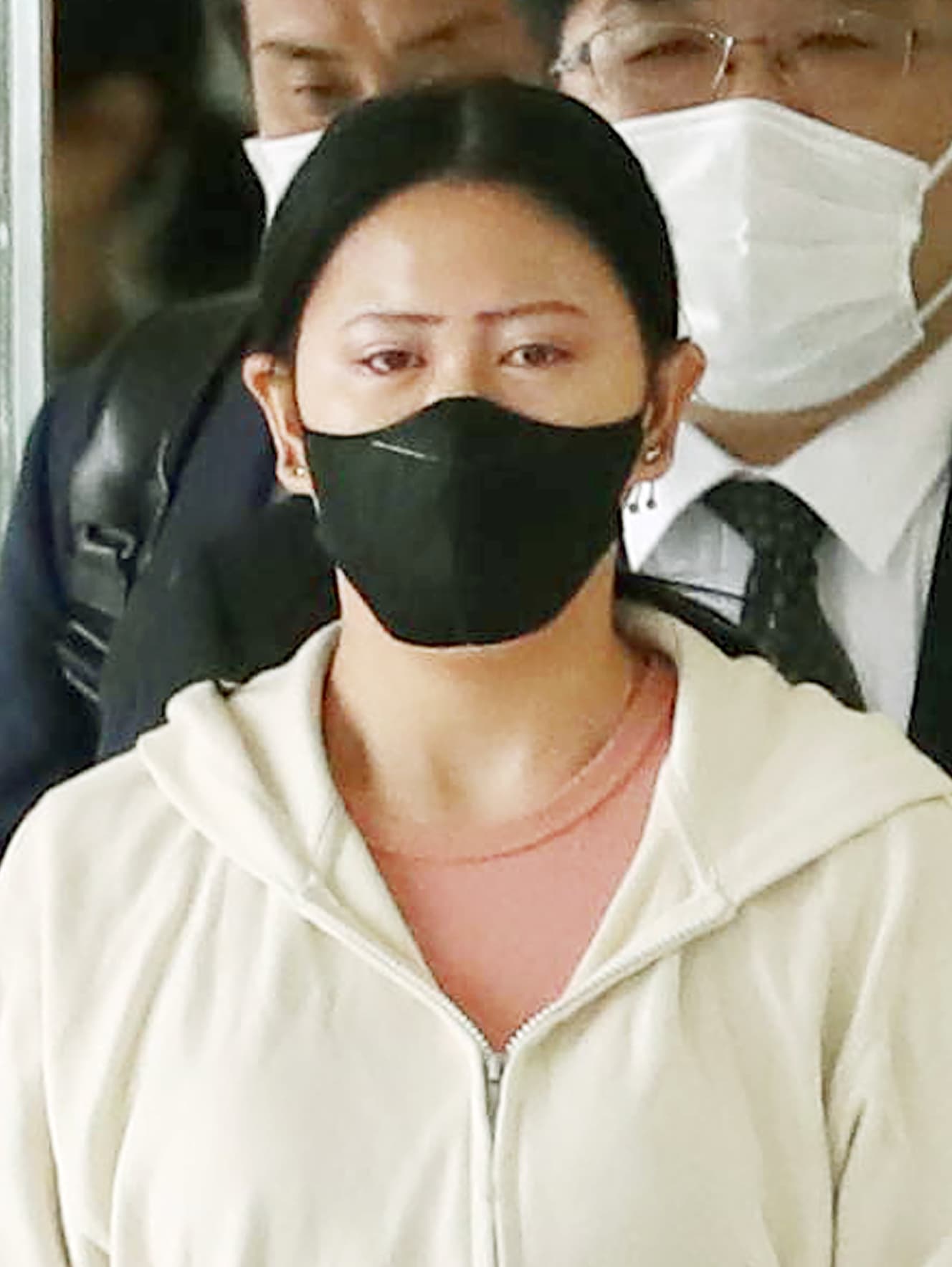
Interview and text by Shimei Kurita (nonfiction writer)
Born in 1987. She has covered a wide range of topics, including sports, economics, events, and overseas affairs. He is the author of “Surviving the COVID-19 crisis: Taxi Industry Survival. Aim for Koshien! The Insatiable Challenge of a Preparatory School Baseball Club” and many other composition books.
From the August 9, 2024 issue of FRIDAY
Interview and text by: Shimei Kurita (nonfiction writer) PHOTO: Shinji Hasuo (Watanabe, Imamura), Asahi Shimbun (camp)